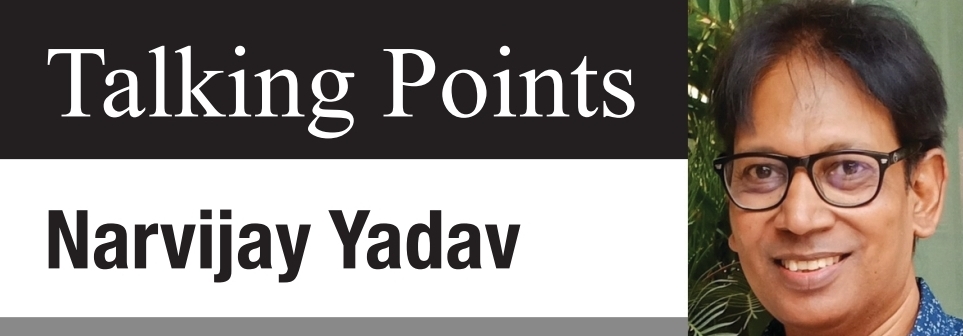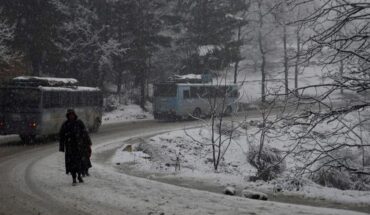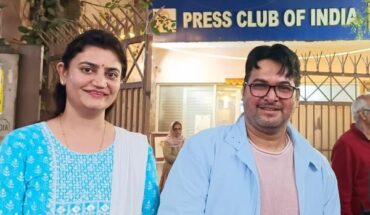As the world’s largest democracy and one of the fastest-growing economies, India plays a crucial role in maintaining peace and equilibrium on the international stage. Let’s take a moment to remember those who are suffering in war zones around the world.

As we stand on the cusp of the 21st century’s third decade, the world faces an unprecedented confluence of challenges—ranging from escalating conflicts to the looming threat of climate change. The fragile balance of global peace is increasingly under threat as several regions around the world find themselves embroiled in political and military turmoil. From the long-standing tensions in West Asia to the ongoing Russia-Ukraine war, humanity seems to be standing at the edge of a precipice.
West Asia, often referred to as the tinderbox of the world, is once again engulfed in tensions. The ongoing Israel-Iran conflict, coupled with the fragile political situation in Lebanon, has not only destabilized the region but also triggered global economic ripples. Meanwhile, in Europe, the Russia-Ukraine war continues to ravage both nations, causing widespread devastation and loss of life. Despite international calls for peace, this conflict seems to be dragging on indefinitely, with little hope of resolution in sight.
Amidst this turmoil, one country has consistently emerged as a beacon of stability: India. As the world’s largest democracy and one of the fastest-growing economies, India has found itself playing a crucial role in maintaining peace and equilibrium on the international stage. Prime Minister Narendra Modi, in particular, has gained global recognition as a symbol of peace and harmony. Under his leadership, India has actively engaged in diplomacy, attempting to mediate conflicts and foster dialogue between warring nations.
Despite its efforts, India has not remained untouched by global unrest. The recent escalation of the Israel-Iran conflict has had a significant impact on India’s financial markets, with stock prices plummeting as investor confidence wavers. The global economy’s interdependence means that regional conflicts, no matter how distant, can have far-reaching consequences for nations across the world. India, with its close ties to West Asia, has felt the tremors of this instability firsthand.
Amidst these growing tensions, the political landscape in India is also heating up. Several states are in the throes of elections, and political campaigns have taken on a confrontational tone, with rival parties engaging in fierce battles of rhetoric and strategy. While elections are the cornerstone of democracy, the atmosphere has become so charged that it resembles a war-like situation in some regions. The stakes are high, and the political heat is palpable, adding to the already heavy atmosphere of global uncertainty.
Worryingly, the world seems to be inching towards an even more catastrophic scenario. If the situation in West Asia and Europe continues to deteriorate, the possibility of a larger global conflict becomes all too real. The fear of a widespread war—one that could draw in major powers like the US, China, and Russia—looms large on the horizon. The specter of a full-scale war, potentially involving nuclear-armed nations, is a nightmare scenario that the world can ill afford.
Yet, as the world grapples with violence and discord, a unique contrast emerges in the festival season in India. The arrival of this season, marked by joy, unity, and celebration, stands in stark contrast to the negativity swirling around the globe. The festival season is a time for families and communities to come together, for prayers to be offered, and for hope to be rekindled. It is a reminder of the power of togetherness and the resilience of the human spirit, even in the darkest of times.
In these troubled times, perhaps what the world needs most is a collective moment of reflection and prayer. While diplomacy, dialogue, and peace talks are crucial, there is a growing sense that something more intangible is needed to restore balance to the world. Sometimes, when all other efforts fail, prayer works in ways that are beyond human comprehension. It offers a sense of solace and can foster a spirit of healing in the midst of strife.
As we celebrate the festivals with our loved ones, let us take a moment to remember those who are suffering in war zones around the world. Civilians caught in the crossfire, families torn apart, and children growing up amidst gunfire and bombs—these are the true victims of conflict. Our prayers should not only be for peace between nations but also for the well-being of every living being affected by violence and war. The world may be passing through a difficult phase, but the power of hope, unity, and prayer can guide us toward a better future. Let us all hope for peaceful resolutions to conflicts, for the well-being of all nations, and for a time when the festival of peace can be celebrated worldwide.
The writer is a senior journalist and columnist. Views are personal. Email:narvijayindia@gmail.com






